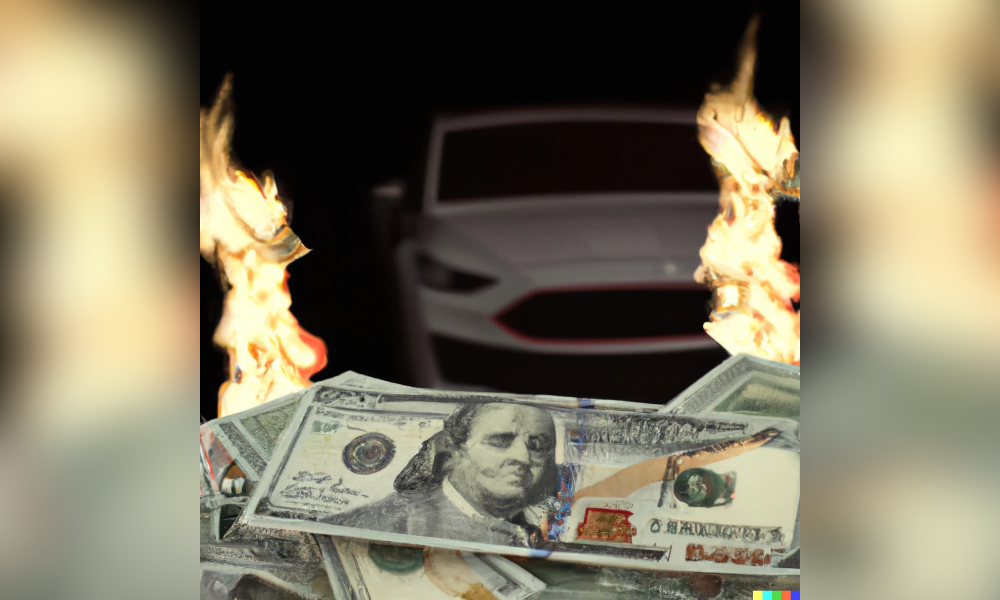
But jury finds company failed to prevent severe racial harassment at Fremont factory

A federal jury in San Francisco has found that Tesla failed to prevent severe racial harassment at its flagship assembly plant in California. As a result, the company will pay approximately $3.2m to a Black former employee, Owen Diaz, who worked as a lift operator at its Fremont factory from 2015 to 2016. The jury's findings revealed that Diaz was subjected to a racially hostile work environment.
Although Diaz was initially awarded $137m in damages in 2021, the judge later ruled that the amount was excessive, and the payment was subsequently reduced to $15m. However, Diaz rejected this sum and opted for a new trial on damages. The $3.2m payout represents just 2% of the initial award.
Diaz accused the company of not taking appropriate action against racism in the workplace. He stated that a supervisor and other employees at the factory frequently used racial slurs, drew swastikas, and left racist graffiti and drawings around the plant. Diaz testified that although he had initially encouraged his son to work at Tesla, he now regrets it deeply because his son was exposed to a hostile work environment towards people of color.
During the trial, Diaz gave emotional testimony, tearfully recounting various incidents that occurred during the nine months he worked at the Fremont factory. He claimed that the job caused him anxiety and strained his relationship with his son.
Diaz's lawyer, Bernard Alexander, requested that the jurors award nearly $160m in damages, sending a message to Tesla and other large companies that they will be held accountable for not addressing discrimination. In response, Tesla's lawyer, Alex Spiro, argued that Diaz was a confrontational worker who exaggerated his emotional distress claims. Spiro also pointed out that Diaz's lawyers failed to present any concrete evidence of serious, long-term damage caused by Tesla.
Tesla CEO Elon Musk reacted to the decision on Twitter, stating, "If we had been allowed to introduce new evidence, the verdict would've been zero imo. The jury did the best they could with the information they had. I respect the decision."
If we had been allowed to introduce new evidence, the verdict would’ve been zero imo.
— Elon Musk (@elonmusk) April 3, 2023
Jury did the best they could with the information they had. I respect the decision.
Tesla has faced numerous legal challenges in recent years, including more than 200 lawsuits from current or former contractors and employees in the United States since 2018, according to Plainsite, a legal records database. However, this figure does not include disputes that have gone straight to arbitration. Challenges involving allegations of racism include: